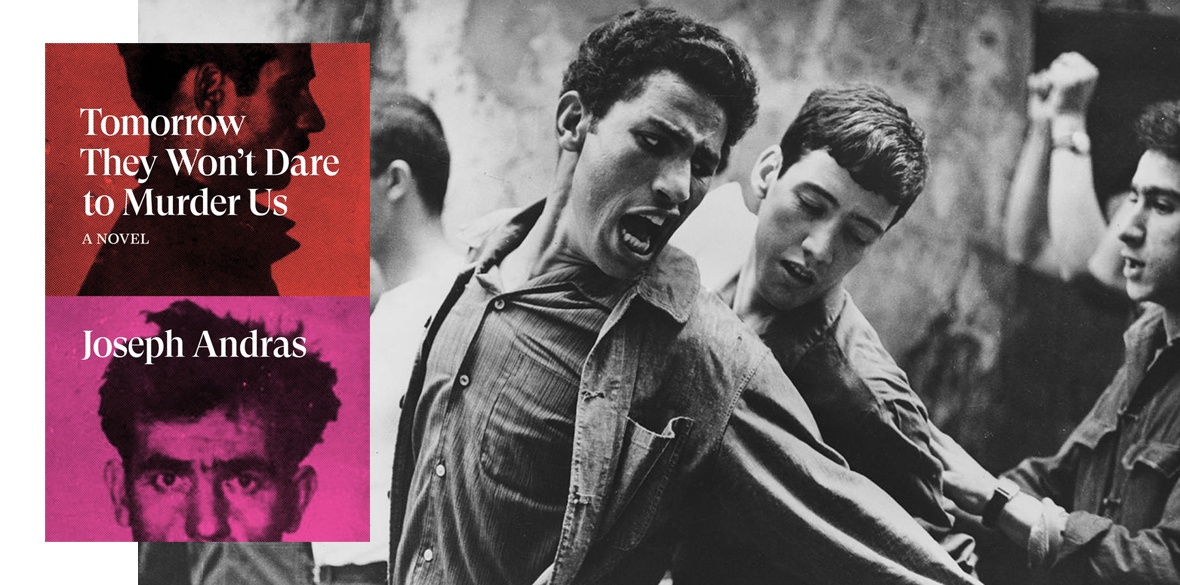This is the last article you can read this month
You can read more article this month
You can read more articles this month
Sorry your limit is up for this month
Reset on:
Please help support the Morning Star by subscribing here
THIS austere, spare but also deeply affecting novella by Joseph Andras explores the backstory and interior life of Fernand Iveton.
Iveton was the only pied noir, those of French descent but living in the then colony of Algeria, who was executed in 1957 by the French authorities during the prolonged war of independence.
The work starts with the bungled attempt by Iveton and his cell to detonate a bomb in a factory.
The group’s ethical fastidiousness — the bomb was set to explode when none of the workforce would be present — is not reciprocated by the occupying French forces.
Indeed, author Joseph Andras offers the reader two dialectical opposites.
On the one hand, the bravery and humility of Iveton and his comrades, including his wife Helene, a resistance fighter, and on the other, the whole compromised French state, only just emerging from the shame of defeat and collaboration.
Iveton is horribly tortured and although he only slowly reveals the names of his accomplices, most are eventually rounded up.
He mitigates the pain and humiliation of his incarceration by reflecting on his youth in Algeria and his shy but passionate relationship with the equally brave, Helene.
Such tenderness and solidarity is the iron in Iveton’s soul that helps him endure the show trial that follows.
His cobbled-together but increasingly strident legal team appeal to both the minister of justice, one Francois Mitterand, and Rene Coty, the president, both of whose wartime records were, at best compromised.
Around and between the opposing forces of this small band and the massive forces of the French state and media, Andras weaves brief individual stories of Iveton’s various cellmates, growing in consciousness about the struggle around them, and news reports of the increasingly militant activities of the National Liberation Front across the country.
It is clear both that Iveton must be made an example of, not least to ensure that other pieds noirs don’t cross the dividing line with native Algerians.
But also the trajectory of the novel shows clearly that that act of violence will have no impact on the accumulating struggle for independence.
Summarily dragged from his bed, Iveton has one last act of resistance to offer. He calls out Tahia El Djazair (Long Live Algeria) which is echoed back to him by all the other prisoners.
A remarkable book.
Published by Verso, £8.99.










